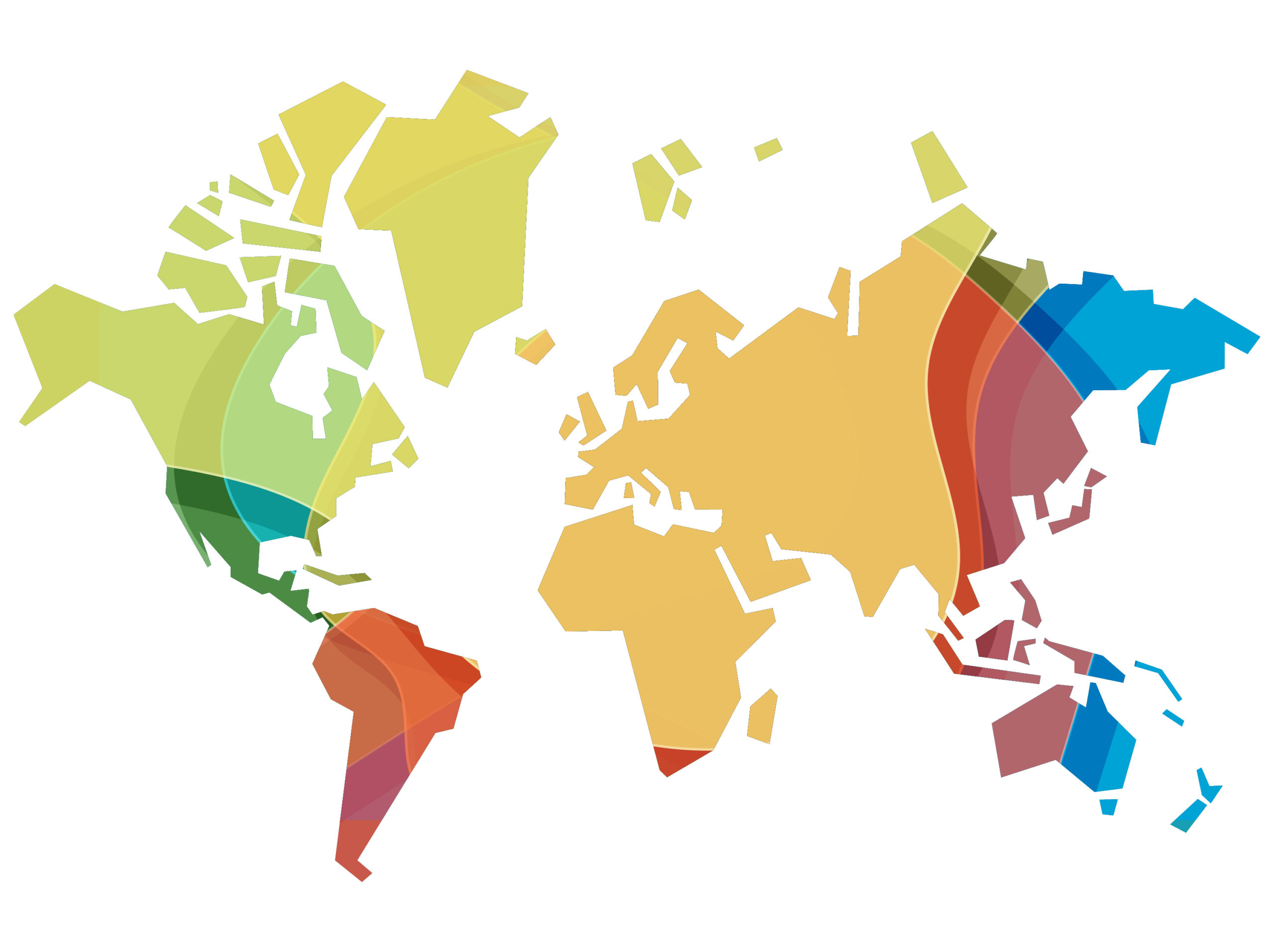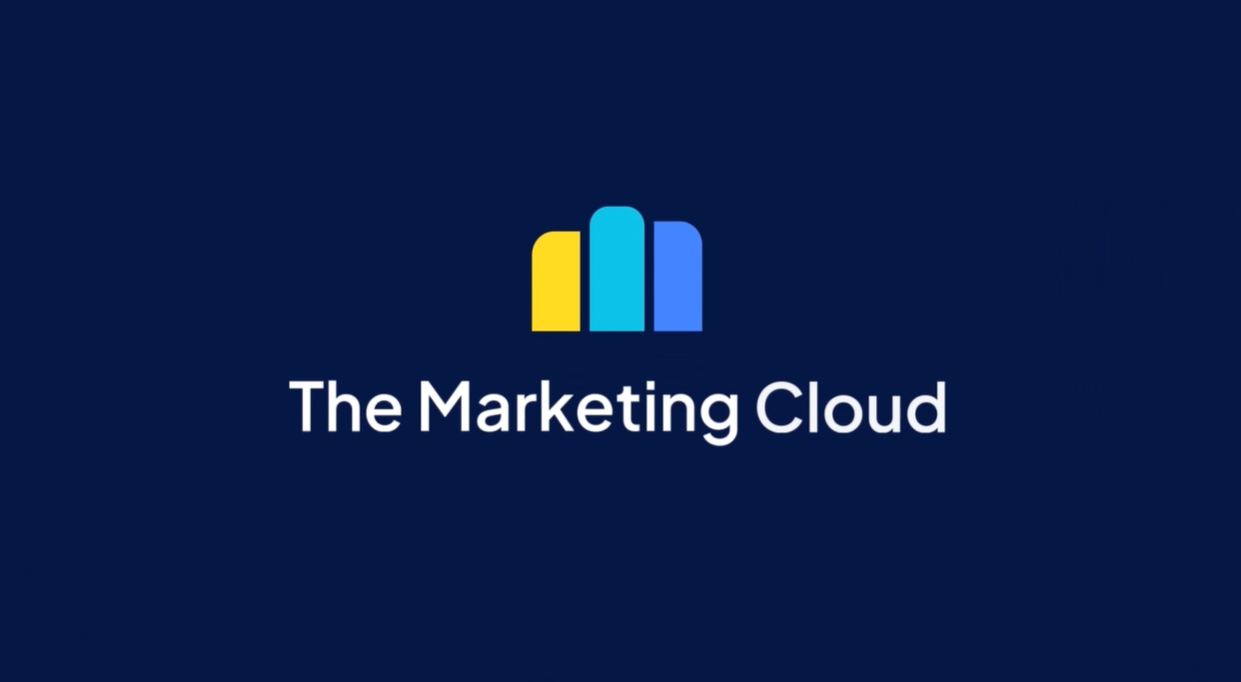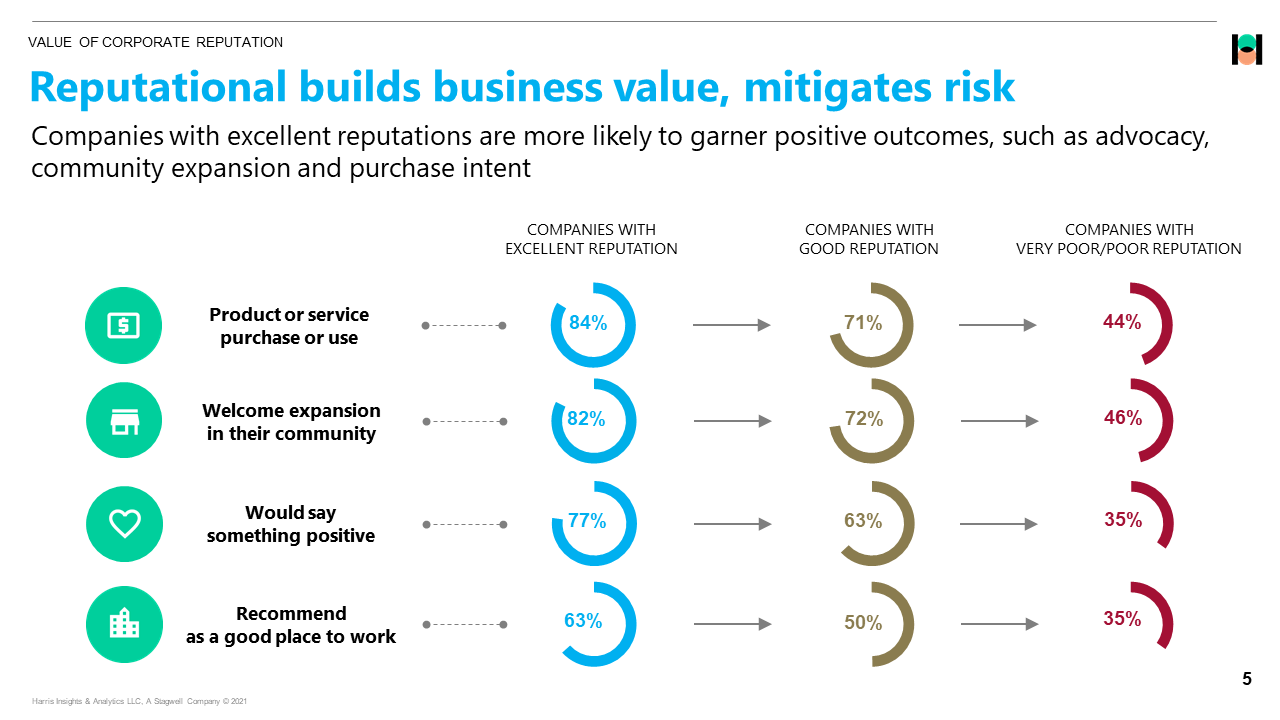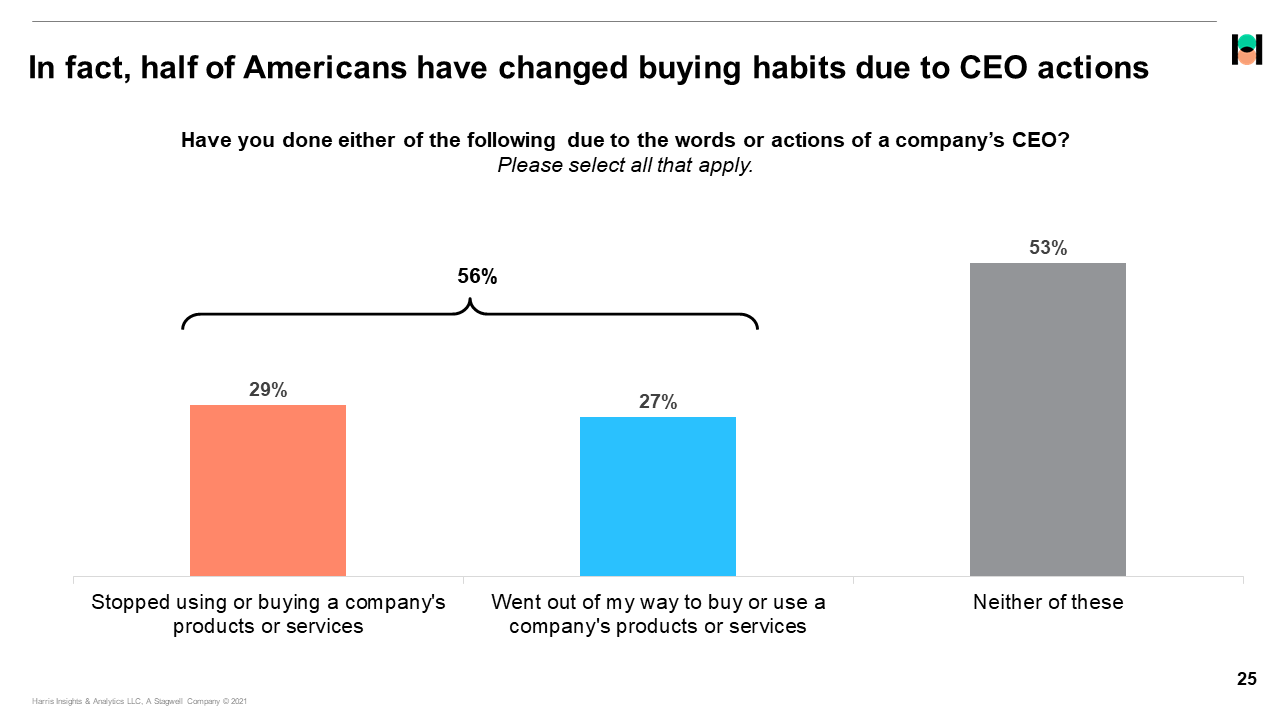By
Barbara Laidlaw
Partner, Global Risk, Reputation + Public Affairs
Allison+Partners
CONTACT
hello@stagwellglobal.com
SIGN UP FOR OUR INSIGHTS BLASTS

When an organization begins to expand globally, it often faces a new set of challenges that could mean adjusting current strategies that have yielded success on the domestic front. Economic, regulatory and operational factors are just some of the many considerations nascent global businesses must address to succeed on the international stage.
A less tangible but imperative concern is the organization’s reputation and how it will scale along with other elements of the business. Reputation takes years to build and only minutes to tarnish, making it one of the most precarious factors at play during expansion. Therefore, before pursuing an ambitious global footprint, businesses should consider how reputation management coexists with the following:
- Cultural & regional differences: Global expansion will require the ability to adjust some aspects of how a business operates to meet the standard of wherever the expansion takes place. Consider how different factors, such as language barriers, lifestyle, cultural history, education and politics, impact business objectives from employees’ and customers’ perspectives. By developing a strong understanding of these components and how they may factor into the business’s reputation, an organization will be positioned well to avoid pitfalls and preempt potential damage from related issues.
- Regulatory & political issues: Establishing an intimate understanding of how relevant political issues may affect the business is critical to avoid becoming trapped in them. Tapping into the expertise of third-party consultants and internal personnel within the region are just two ways a company can ensure it operates with the correct understanding of the political landscape. Strict regulatory compliance is another area in which businesses should invest resources to insulate themselves from running afoul of regulations or laws they may not have considered otherwise.
- Social impact & ESG: As organizations expand globally, they will inevitably increase their global footprint and their environmental and societal one. Depending on the nature of the business, there could be additional social considerations to account for, such as human rights or political turmoil. Today, enterprises prioritize their societal impact more than ever. To continue to thrive, global organizations must navigate the complexities that come with the recent rise in investor and consumer activism.
- Core values: As is true with any period of growth within an organization, maintaining core values is one of the most prominent challenges a business must contend with. This is only magnified when the company begins to expand globally. Upholding core values is essential to brand reputation and should be a priority item when considering further expansion. Emphasizing the importance of quality onboarding procedures, internal initiatives and other team-focused programs are ways a business can maintain its values as it grows.
- Communications infrastructure: Ultimately, scaling communications capacity and capabilities to match company growth will provide a business with the fundamental infrastructure it needs to preempt potentially damaging issues and effectively react to them when they occur. Through regular assessments of an organization’s communications capabilities, the business can proactively address weak spots and build on areas of strength, resulting in a more robust global communications program that underpins every core function of the business itself.
Navigating the reputational complexities of a global business is a challenge. While organizations should always remain prepared to tackle known sources of risk to their reputation, there will always be unpredictable events or incidents that present additional risks. Environmental disasters, wars, political turmoil, supply chain challenges and regulatory issues are just some of the many hurdles businesses need to contend with and overcome regularly.
Ultimately, the most effective way to mitigate the potential fallout from known and unknown risks is to continually ensure the organization is operationally resilient and maintains a robust communications infrastructure that it can leverage before, during and after an adverse event.
Barbara Laidlaw brings 25 years of experience developing and running programs that help companies prepare, protect and defend their brand reputations through global and national events, recalls, litigation, data breaches, regulatory issues and labor disputes.
Related
Articles
Artificial Intelligence, In the News, Marketing Frontiers, Press Releases, Stagwell Marketing Cloud, Tech
Jun 12, 2025
PRophet, a Stagwell (STGW) Company, Completes Integration of UNICEPTA, Launches Unified Brand and Enhanced Media Intelligence Offering

In the News, Marketing Frontiers, Press Releases, Stagwell Marketing Cloud, Tech
Jun 11, 2025
The Marketing Cloud Launches Cutting-Edge Platform to Simplify Marketing Workflows

In the News, Press Releases, Thought Leadership
Jun 10, 2025
Stagwell (STGW) Chairman and CEO Mark Penn to Discuss the Irreplaceable Power of Human Creativity on the Main Stage of Cannes Lions

Newsletter
Sign Up
By
Ray Day
Stagwell Vice-Chair
CONTACT
hello@stagwellglobal.com
SIGN UP FOR OUR INSIGHTS BLASTS

“It takes 20 years to build a reputation and five minutes to ruin it. If you think about that, you’ll do things differently.” – Warren Buffet
Today, corporate reputation means more than mastery of the marketplace. Reputation is a measure of what all stakeholders – including consumers, employees, shareholders, and more – think about a company.
Contrary to “brand” – which measures a company’s products & services, typically among specific consumer segments, a reputation is earned not created.
Reputation is comprised of your company’s performance + its behavior in the marketplace, reflected through its internal and external marketing communications. When reputation is curated, it has the potential to build business value and can help mitigate risks. Companies with excellent reputations are more likely to garner positive outcomes, such as advocacy, community expansion and purchase intent.

Today’s corporations and CEOs have greater permission from the public to address complex social issues – within bounds. Reputation today is evolving today to reflect more than just a product or service set, but a businesses’ commitment to serve society.
In recent years, geopolitical, economic, and social developments have created a society in transition and turmoil. Consumers have more expectations of corporations in this environment – not least because of declining trust and expectations in institutional actors such as governments and municipalities. As measured by Stagwell’s 2021 Reputation Quotient, brands across nearly every business sector experienced a reputational boost during the height of the pandemic as consumers looked to the private sector for solutions where public officials were failing to create them:
CEOs, and in a limited capacity other star of the C-Suite such as CMOs, are rapidly gaining reputational capital within the market and with consumers. They influence sales, perceived product/service quality, and signal the strength of an organization’s culture. As CEO reputation extends outward, when to exert influence in society becomes more calculated and more important. Americans say CEOs most affect reputation, ethics, and financial success for today’s organizations. CEOs also have a growing public awareness and influence on consumer sales; half of Americans report changing buying habits due to the actions of a CEO.

More traditional C-suite players like Jamie Dimon at Goldman Sachs leverage influence in quieter, more sustained ways – Dimon’s annual letter is a bellwether for the future of global financial markets, with wide-ranging through leadership implications for businesses within and beyond the financial services category.
With that reputational capital comes the burden of leadership: the public believes CEOs should stand on issues where they have credibility, not where they don’t have a voice or authority. Ultimately, core values should be the navigator of social issues. Alienation is a risk in a highly polarized society, but so too is the risk of stakeholders who perceive CEOs as indifferent or in conflict with the company’s principles. This is especially true among younger and Black Americans. While standing down is expedient, a generational and cultural divide is growing that will make decisions more difficult and polarizing.
Corporate and CEO reputation is changing quickly. Stagwell is a leader in global reputation tracking and management; learn more about the Reputation Quotient, an annual collaboration between Stagwell, Axios, and The Harris Poll tracking the most visible companies in America. Register to receive our 2022 research when it releases in May.
Related
Articles
Artificial Intelligence, In the News, Marketing Frontiers, Press Releases, Stagwell Marketing Cloud, Tech
Jun 12, 2025
PRophet, a Stagwell (STGW) Company, Completes Integration of UNICEPTA, Launches Unified Brand and Enhanced Media Intelligence Offering

In the News, Marketing Frontiers, Press Releases, Stagwell Marketing Cloud, Tech
Jun 11, 2025
The Marketing Cloud Launches Cutting-Edge Platform to Simplify Marketing Workflows

In the News, Press Releases, Thought Leadership
Jun 10, 2025
Stagwell (STGW) Chairman and CEO Mark Penn to Discuss the Irreplaceable Power of Human Creativity on the Main Stage of Cannes Lions

